As mentioned in a previous blog, I’ve been working hard lately on an open source data visualisation project which I hope will bring a bit of digital vigor to some of the datasets in my industry (you could say it’s a hybrid personal-work project).
During the course of trying out data tech, I’ve discovered that quite a number of the tools I’ve been using are made in Israel.
Specifically, the output of the good people at:
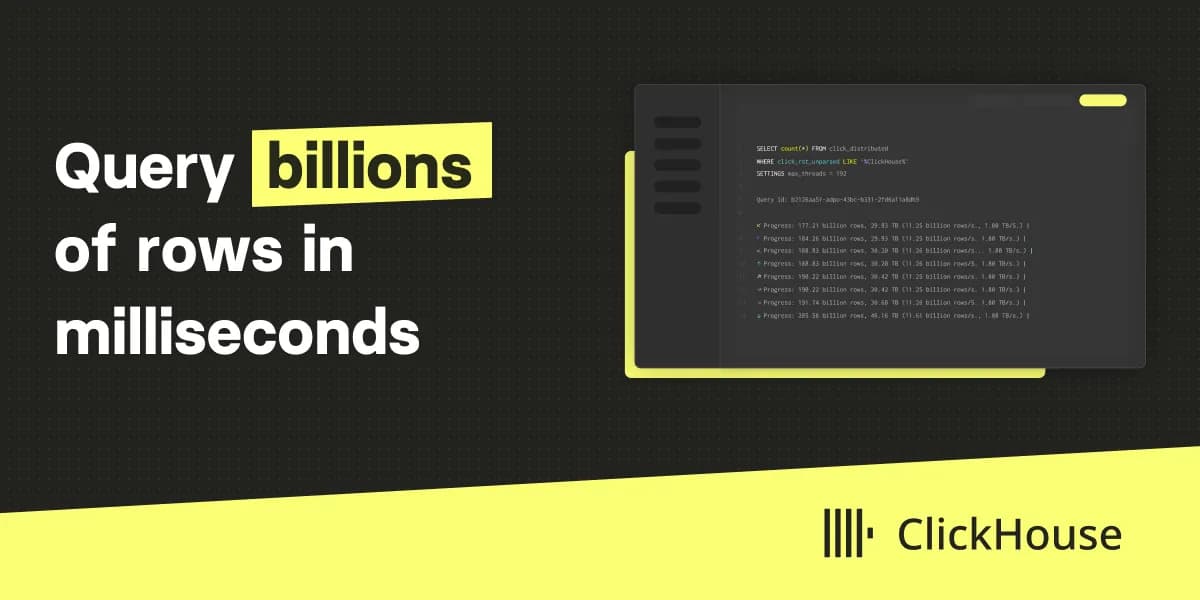
Clickhouse
(Here’s the pitch I’d write for them: really fast data warehousing but without the complications):
Redash
I was VERY impressed that they took my request to port their installer to Fedora Linux and actioned it within a day. If you have a Fedora server and are running Redash you can … sort of thank me (but really thank their devs!):
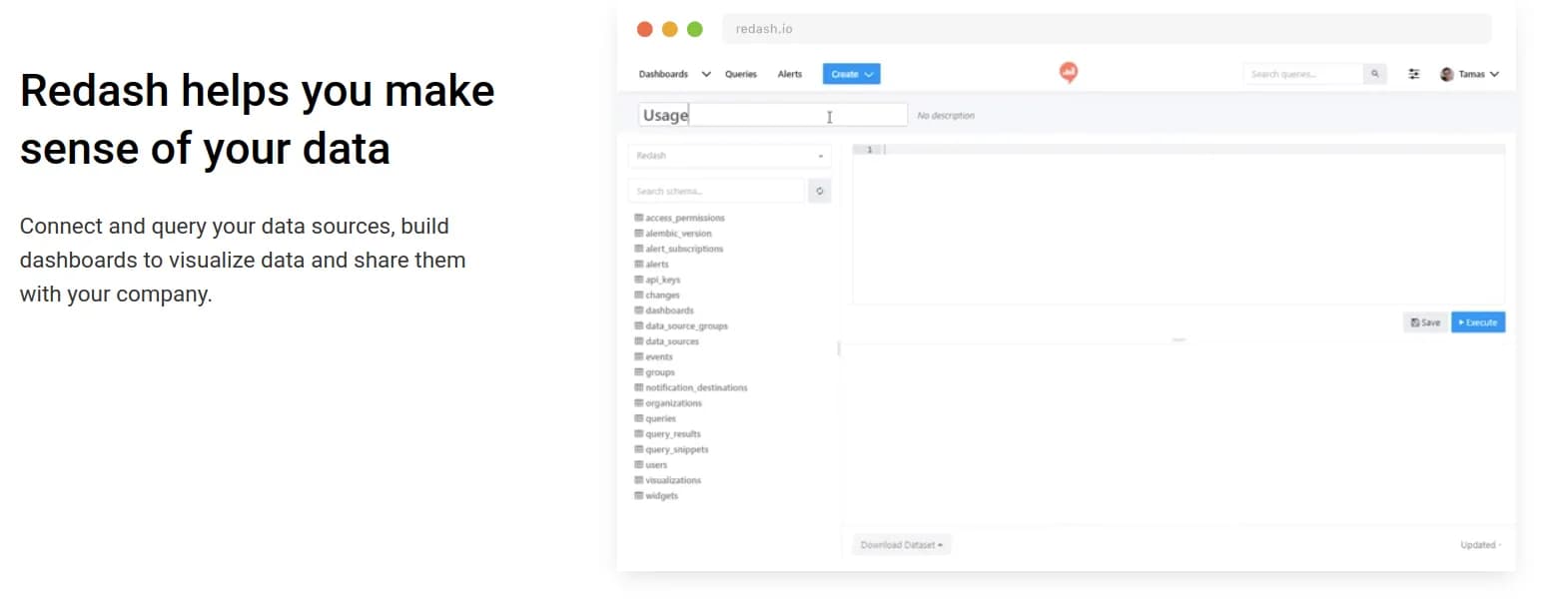
One of my many goofy past-times: I LOVE going through ‘Awesome’ lists on Github as a way of discovering interesting tech for a specific field (currently, I’m using it to discover no-code and low-code tools).
If someone were to build a Tinderized version of Awesome (yes, I’m assuming that someone has begun using ‘Tinderized’ as a word) then I would totally download it.
If you haven’t discovered the Awesome project yet, here’s a link
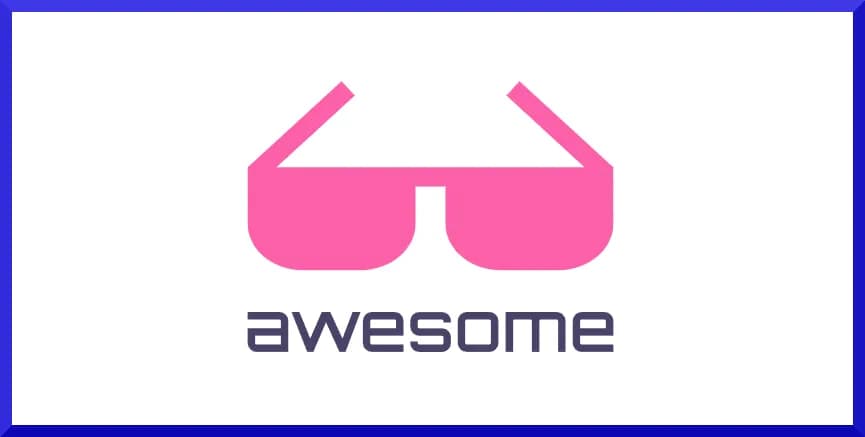
The resources tend to be well-curated and it’s just a great effort to bring order to the vastness of tech (without the self-interest that tends to lurk in the background when mapping efforts are conducted by databases-for-sale or VCs).
Hundreds Of Companies Spanning Just About Every Niche In Data Science & Analytics
I started this assuming that I’d find perhaps 20 innovative data startups in Israel worth curating (with the hope that — as happens on Github — others might discover the project and contribute their own findings).
That, it turned out, was a huge underestimate. To the order of a few magnitudes.
My particular interest in the data world lies very squarely in data visualization (I’ve used one tool or another at most jobs, although these days I’m happily experimenting with an outlier: Metabase).
To a lesser extent I’m interested in databasing technologies although my friends and contacts who are data professionals keep telling me — with an unmistakable air of weariness at the industry and its propensity to develop new DBMS tools whenever a developer sneezes to — “just stick to Postgres. It’s perfectly fine.” (A slightly less worn-out)
However in the burning hot spaces of AI, ML and … everything you can think of … startups are mushrooming and raising funding at a dizzying pace.
In Israel, Punchy Tel Aviv Data Startups Vie For Huge Fortune-500-Sized Prizes
I started assuming that I’d find perhaps 20 innovative data startups in Israel worth curating (with the hope that — as happens on Github — others might discover the project and contribute their own findings).
That, it turned out, was a huge underestimate. To the order of a few magnitudes.
My particular interest in the data world lies very squarely in data visualization (I’ve used one tool or another at most jobs, although these days I’m happily experimenting with an outlier: Metabase).
To a lesser extent I’m interested in databasing technologies although my friends and contacts who are data professionals keep telling me — with an unmistakable air of weariness at the industry and its propensity to develop new DBMS tools whenever a developer sneezes to — “just stick to Postgres. It’s perfectly fine.”
However in the burning hot spaces of AI, ML and … everything you can think of … startups are mushrooming and raising funding at a dizzying pace.
A Small Sliver Of What (And Who) Is Out There In Israeli Data
Dragonfly - The Fastest In-Memory Data Store
”Dragonfly is a simple, performant, and cost-efficient in-memory data store. Dragonfly is fully compatible with Redis APIs but without the Redis management complexity.”
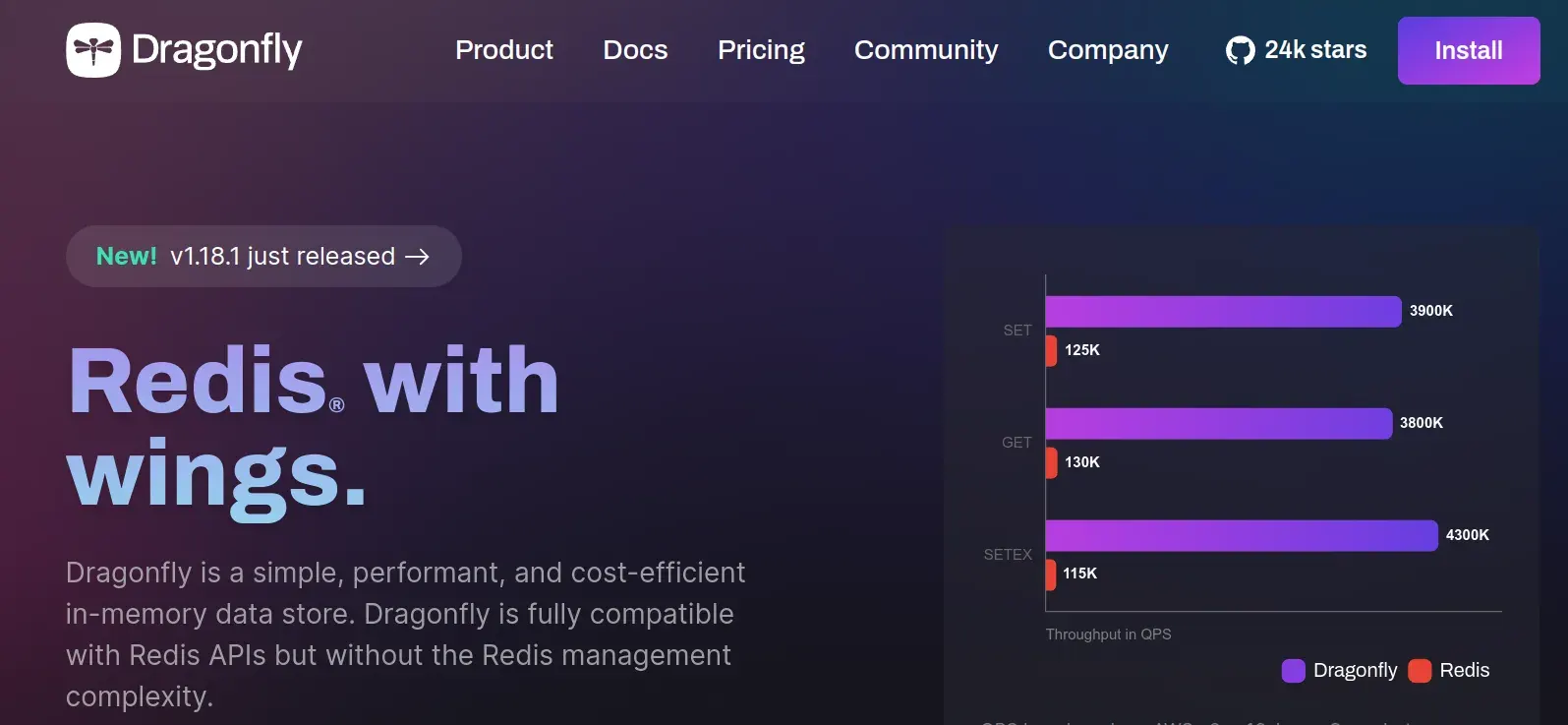
DagsHub — Collaboration Platform For AI & ML Teams
DagsHub - an open source platform for teams working on AI projects to collaborate:
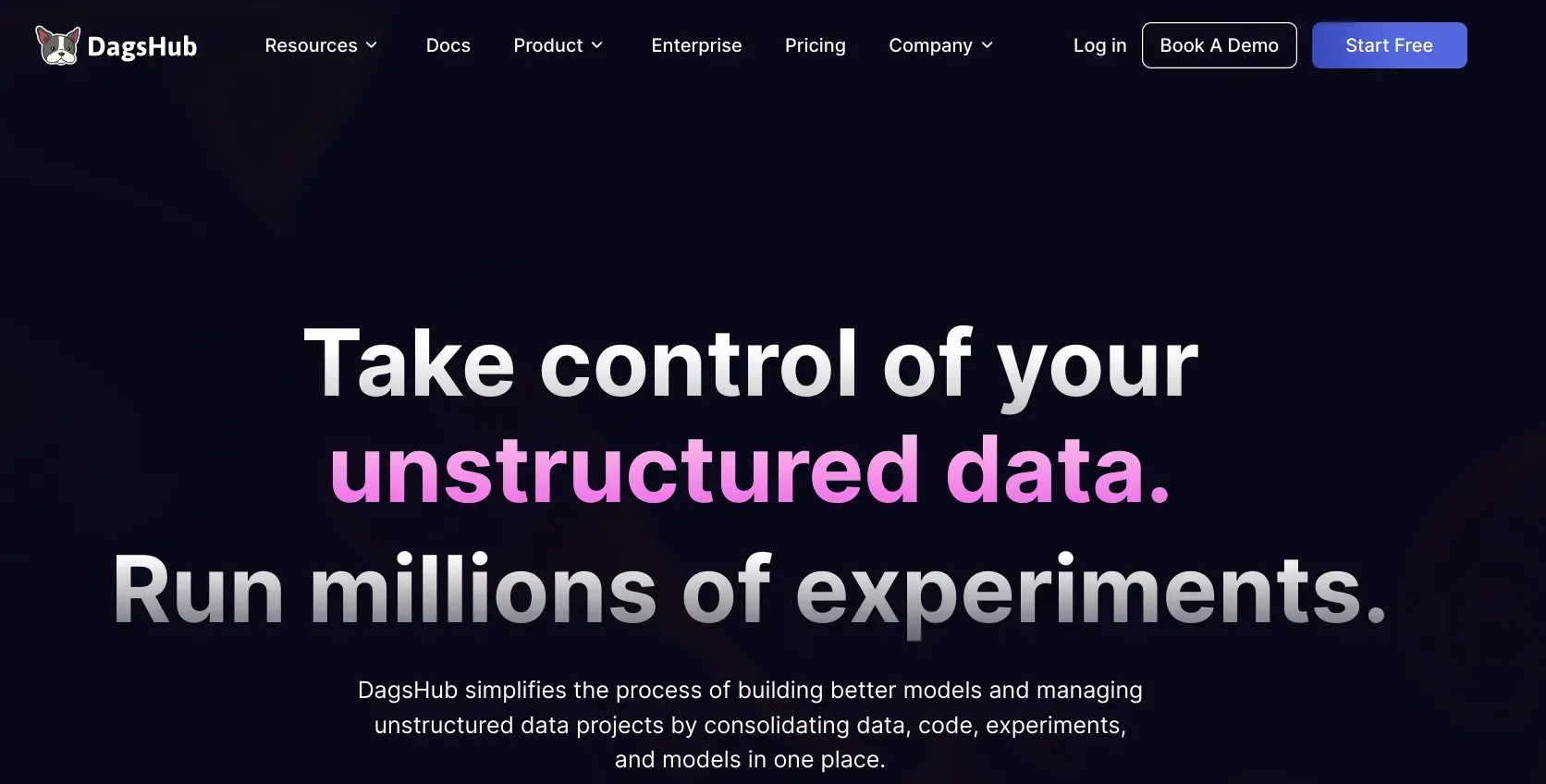
Iguazio - ML Ops
Iguazio - from what I grasped, a pipeline but for ML workflows (yes, apparently ‘MLOps’ is a thing. Technology has become powerful, complicated, and - most of all - amazing at creating new niches).
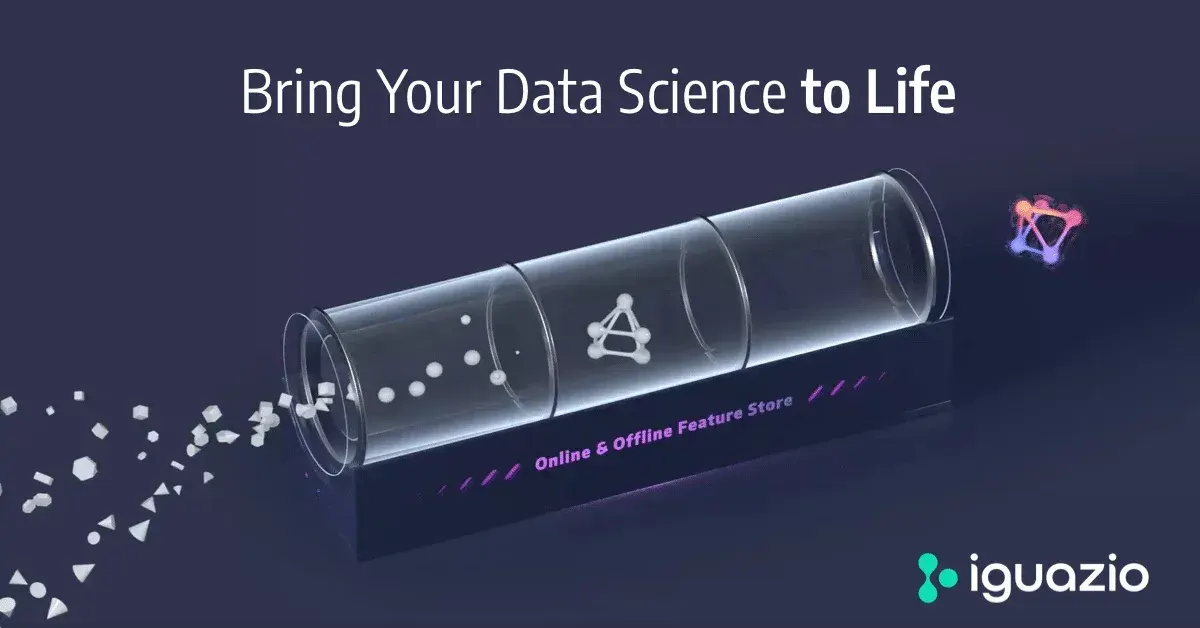
And then there are foreign companies/multinationals who have decided that it’s worthwhile to open subsidiaries with bricks and mortar presences in Israel (which makes the data subset of Startup Nation a little other. Data’s big and Israel’s such a hotspot that it can make sense to ‘be’ here from an early stage).
And all this is without mentioning the elephant in the room (well, really that would be PostgreSQL*): AI and ML and its use-cases in the world of data science such as predictive analytics.
Here, again, there’s bifurcation, or more accurately a splitting into subdivisions:
- ‘Pure-play’ AI/ML companies target enterprise clients with mature in-house data science capabilities while other tools leverage consumer-level tools like ChatGPT and other LLMs to try make high-powered data tools accessible to more modestly-resourced end-users.
So that’s how I would summarise the world of data science in Israel: It’s big. It’s sprawling. And from these small and often-troubled shores, it’s chasing, internationally, after big prizes.
Under the pressure of buckling VC funding and unprecedented global scrutiny, Israel’s technology industry is under pressure.
A recent wave of acquisitions by NVIDIA has shown that certain waves (cybersec, infrastructure orchestration) are fundamental enough to be relevantly impervious to the headwinds of contraction.
I’d add data science to that list too.
Oh, and my Github repo!